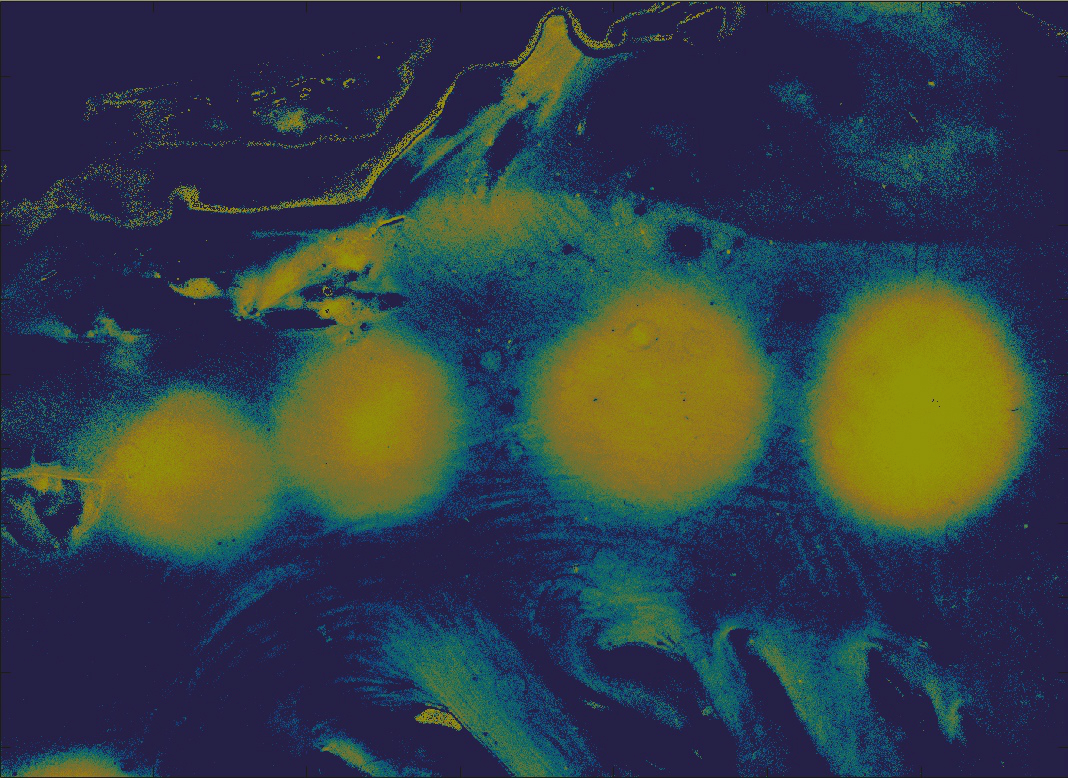About the Program:
Technical studies of historical musical instruments remain relatively uncommon in the field of cultural heritage. This program features recent in-depth studies that serve as models of collaborations between curators, conservators, and cultural heritage scientists in the field of musical studies. As part of a National Endowment of the Humanities (NEH) Preservation and Access Grant-funded, collaborative research project involving the Library of Congress, the Catholic University of America, and George Washington University, Science meets Music: Technical Studies of Musical Instruments is the first of an annual series. These lectures highlight the NEH-supported study of glass flutes by Claude Laurent in the Library of Congress Dayton C. Miller Collection, along with invited talks that represent groundbreaking, collaborative research with broad appeal to cultural heritage curators, conservators, scientists, and musicians.
Webcast
Register for the live webcast by Monday, April 9 at noon. You will receive instructions for how to access the
live stream with the auto-confirm email upon registering and again on April 9 COB.
Tuesday, April 10, 2018
3:00 – 5:00 pm EDT
Library of Congress Thomas Jefferson Building
Whittall Pavilion, Room LJ WH
10 First St. SE
Washington, DC 20540

Carol Lynn Ward Bamford and Lynn Brostoff conducting non-invasive XRF analysis o f a Claude Laurent glass flute.
About the Speakers
Carol Lynn Ward-Bamford is a flutist and, since 1993, has worked as Music Specialist and Curator of Musical
Instruments at the Library of Congress Music Division, where she oversees the Library’s holdings of
approximately 2,000 musical instruments for study, performance, and exhibit. She holds degrees in music,
performance on the flute, and archives management from Tufts University.
Stephanie Zaleski, Ph.D., is a postdoctoral scientist at George Washington University, where her research
focuses on developing simple, non-invasive analytical tools to study 19th-century glass in historical
collections. She obtained her Ph.D. in chemistry from Northwestern University in 2016 and recently was a
postdoctoral fellow with the Department of Scientific Research at the Metropolitan Museum of Art from
2016-2017.
Isabelle Muller, Ph.D., is a project manager at the Vitreous State Laboratory at the Catholic University of
America in charge of research and development programs for the U.S. Department of Energy (glass
formulation for Hanford Site tank waste vitrification, long term water leaching of various waste glasses, and
development of predictive algorithms of the glass properties). She obtained her Ph.D. in physical chemistry
from Pierre et Marie Curie University, Paris VI, France and was a postdoctoral fellow in nuclear chemistry at
the Lawrence Berkeley Laboratory.
Lynn Brostoff, Ph.D., holds a Ph.D. in Chemistry, Masters Degrees in Polymer Materials Science and in Art
History, and an Advanced Certificate in Conservation of Historic and Artistic Works, with a specialty in Paper
Conservation. For the last 25 years, Lynn has worked as a conservation scientist at leading museums and
libraries, including the Metropolitan Museum of Art in New York, and the National Gallery of Art, the
Smithsonian’s Museum Conservation Institute, and the Library of Congress, where she is currently a Senior
Scientist and Analytical Service Liaison.
Jayme Kurland is a musicologist and independent researcher based in Northern Virginia. She is currently
working on a project with the musical instrument collection at the Library of Congress. Previously, she was
the Curatorial Research Fellow in Musical Instruments at the Museum of Fine Arts, Boston, and a curatorial
assistant at the Musical Instrument Museum in Phoenix.
Jean-Philippe Echard, Ph.D., is the curator of bowed string instruments at the French national collection at
the Musée de la musique in Paris. He studied musical acoustics at the Conservatoire National Supérieur de
Musique in Paris, was a Research Fellow at the National Gallery of Art in Washington, DC, and at the
Laboratoire de Recherche et de Restauration of the Musée de la musique, developed methodologies for the
observation and the analysis of materials of musical instruments. His Ph.D. (2010) research was on the
materials and techniques used to varnish musical instruments (15th-18th centuries).








